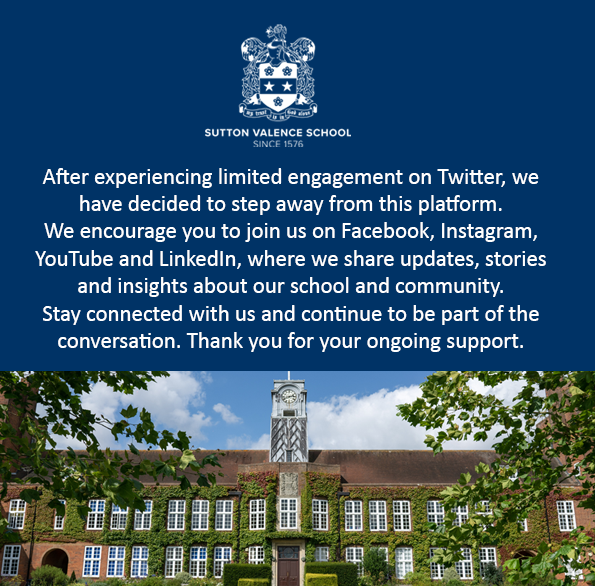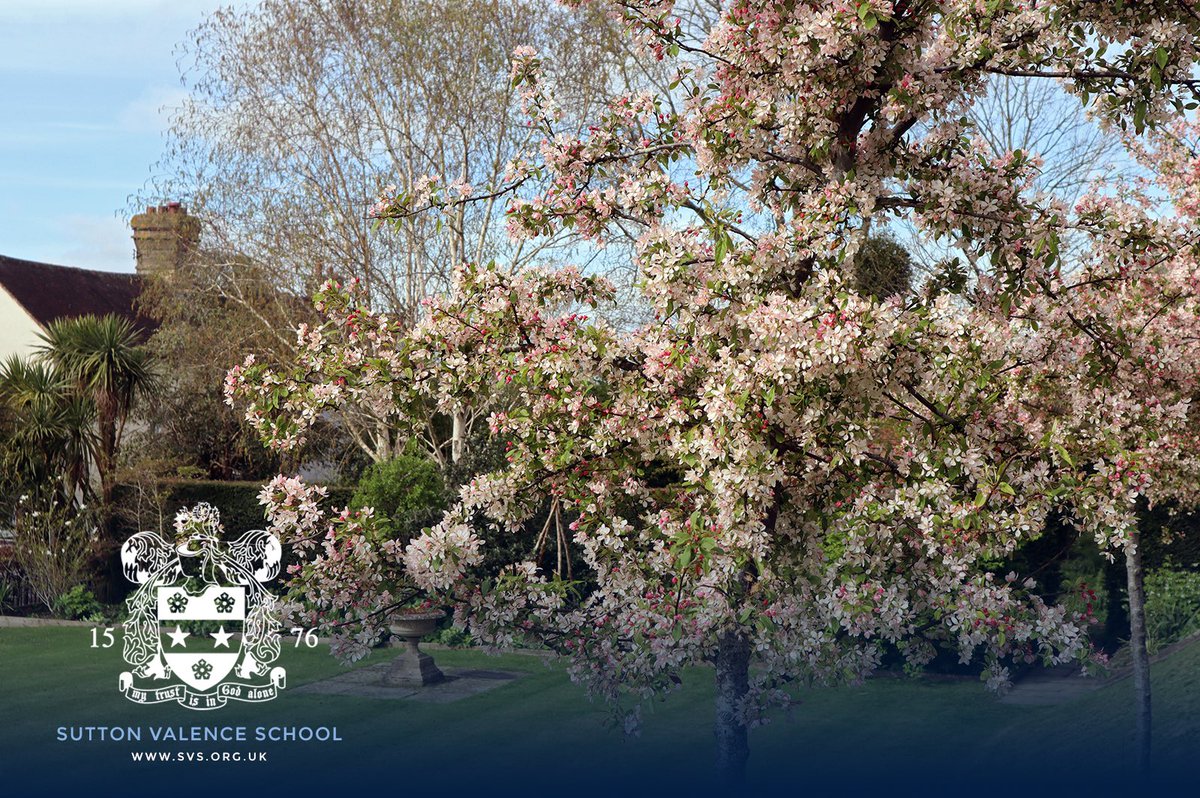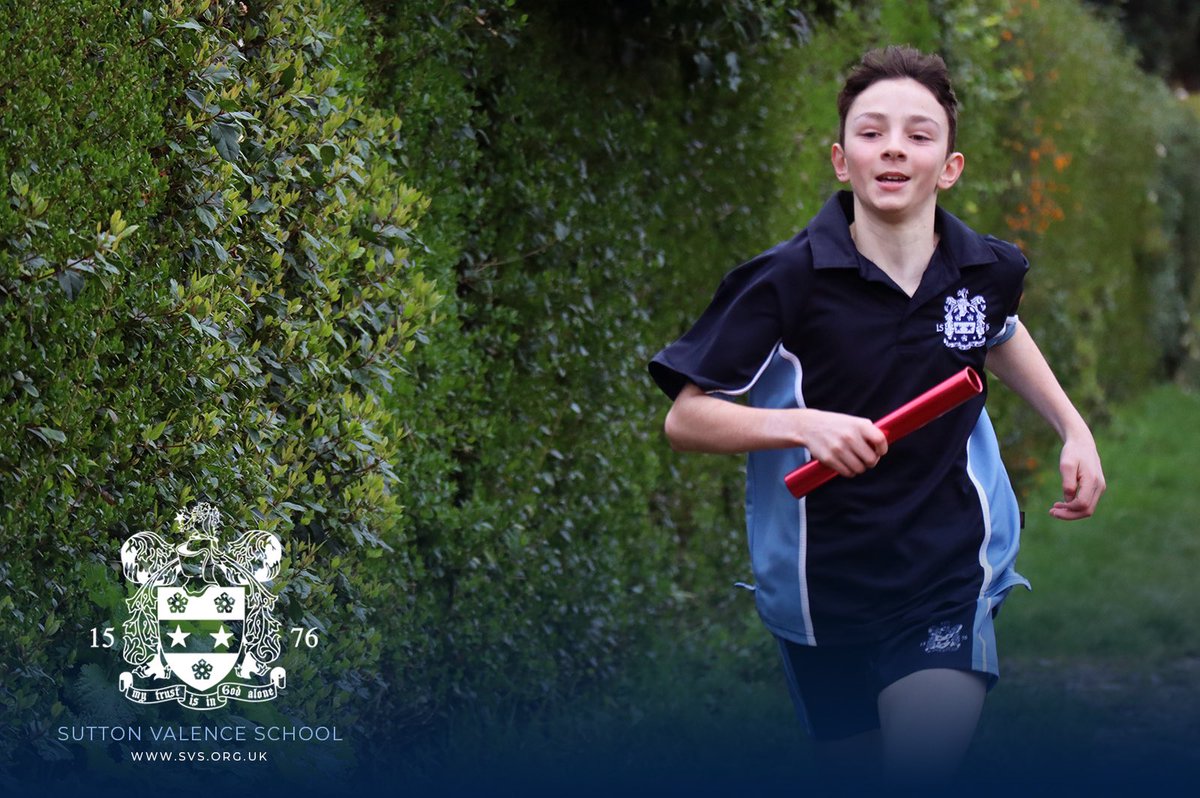Of all the skills learned in School, the ability to read must be number one. With it, the world around our children begins to make sense and, once they can read, they can interact, understand and relate to the world far easier. Reading enables our children to access the full range of the curriculum and much more beyond.
Without the ability to read, even the simplest things are much harder. Having spent several years living in Thailand, I can personally attest to the difficulty of being functionally illiterate when trying to find your way around, read a menu or a whole host of other everyday activities. You can manage, but even the simplest of activities presents a challenge that must be overcome.
Reading allows a deeper understanding of how the world works and can also offer a form of escapism – quite unlike other activity. This ability to travel the world and experience different cultures without having to move from a sofa, bed, or beanbag, has never been more valuable than now, as we find ourselves in lockdown, with rain hammering on the windows and the outdoors not looking quite at its picturesque best. I have just finished Jack London’s classic novella The Call of the Wild. I have never visited Alaska, or, for that matter, been a dog, but the vivid descriptive passages in what I was reading transported me back over a hundred years, from the comfort of my own home.
This term, storytime has become a particularly popular and important time of the day. Whether with class teachers in Pre-Prep, with Miss Corkran and myself in Years 3 to 6, or in one of our after-school book clubs, the stories that are being shared are being enjoyed immensely. Of course, the children are also enjoying books through their work in English lessons, too.
Exposure to good quality literature has a proven benefit to children’s literacy skills. Through the stories that they read, and have read to them, they build vocabulary, linguistic creativity and an appreciation of grammatical structures and punctuation. We endeavour to select books very carefully so that the children can see themselves in the stories we read but also gain some experience of what life is like for others. Year 5, for example, have been reading The Girl Who Stole An Elephant by Nizrana Farook, which is set in Sri Lanka, whilst our senior book club have been enjoying High Rise Mystery by Sharna Jackson, which is set on an estate of tower blocks in south-east London. Each of the books we study opens a window into the life of another and as we continue to encourage the children to develop the Learning Power of Empathy, which we focused on last term, we are able to discuss how our own experiences may differ or be similar.
When looking for a new book for our children, it is easy to pick the same thing that they have enjoyed before, by the same celebrity author, which dominates the display at the supermarket, bookshop, or online retailer. There is so much remarkable literature available that I would encourage children and parents alike to look beyond the first option and actively look for the hidden gem on the bookshelf, seeking out books that challenge preconceptions, offer new experiences and that opportunity for adventure that is summed up in this wonderful poem by Julia Donaldson:
I Opened a Book
I opened a book and in I strode
Now nobody can find me.
I’ve left my chair, my house, my road,
My town and my world behind me.
I’m wearing the cloak, I’ve slipped on the ring,
I’ve swallowed the magic potion.
I’ve fought with a dragon, dined with a king
And lived in a bottomless ocean.
I opened a book and made some friends.
I shared their tears and laughter
And followed their road with its bumps and bends
To the happily ever after.
I finished my book and out I came.
The cloak can no longer hide me.
My chair and my house are just the same,
But I have a book inside me.
Mr Watkins, Deputy Head





